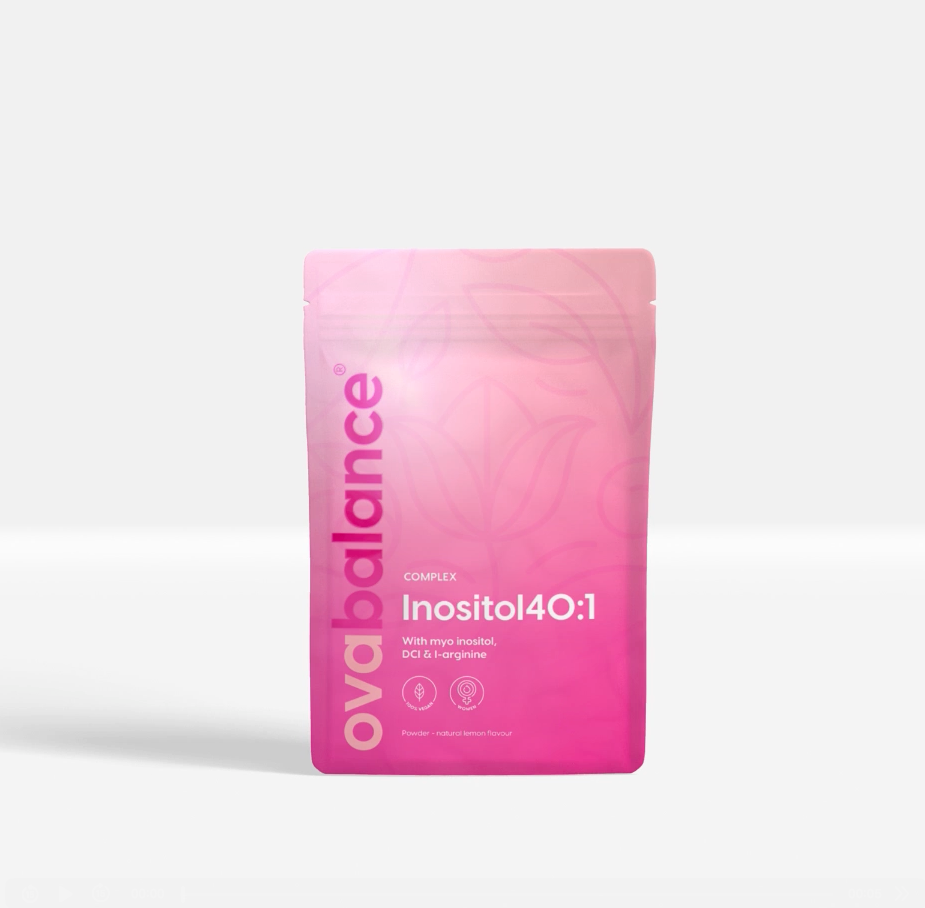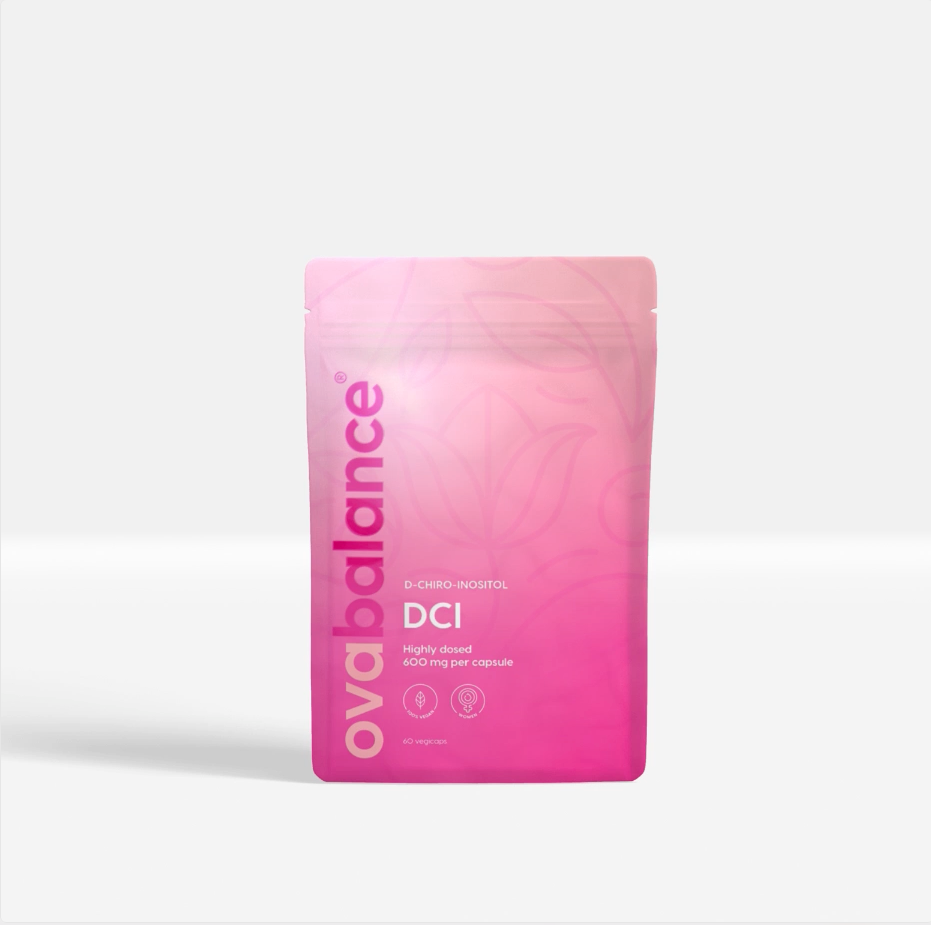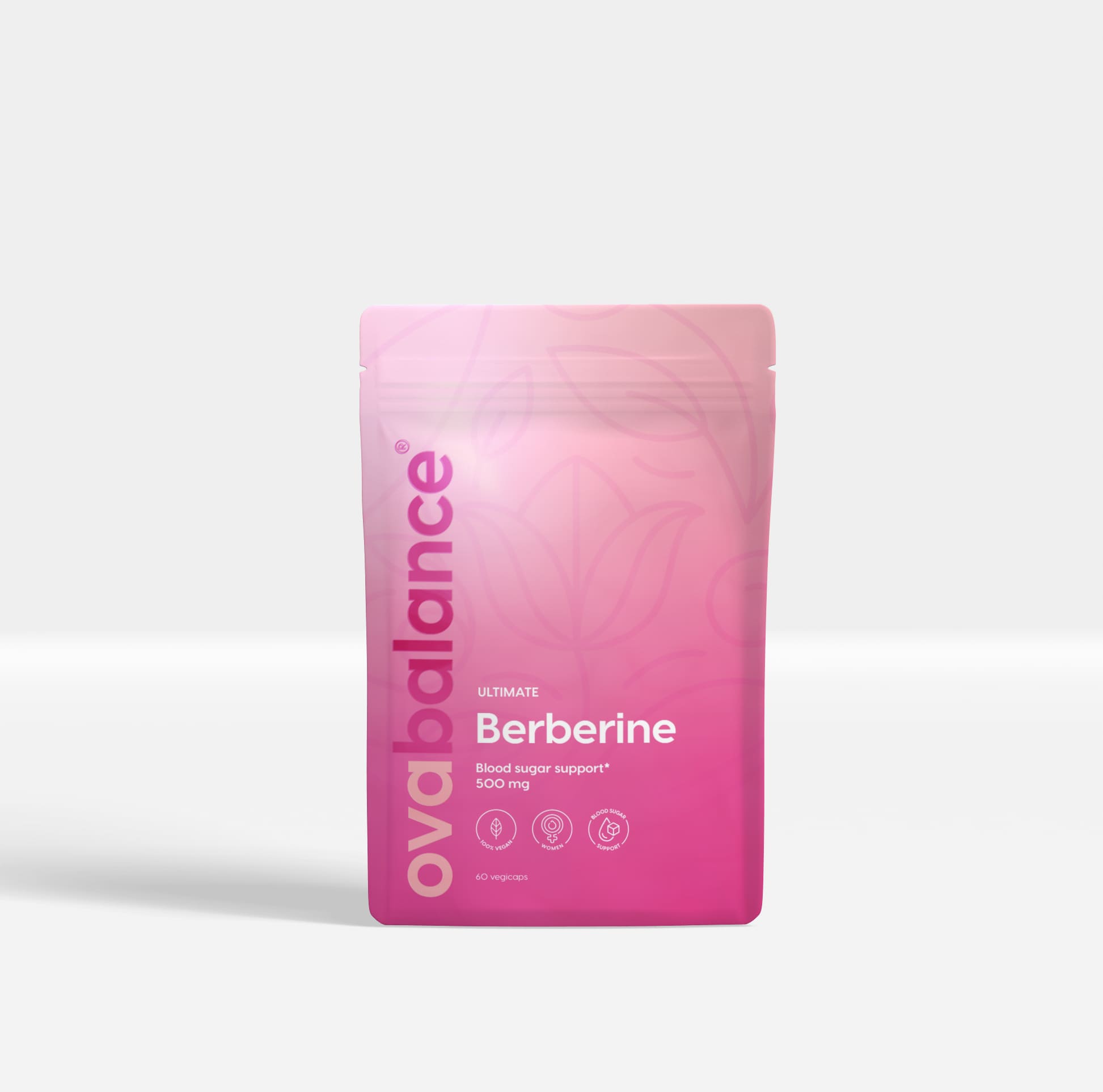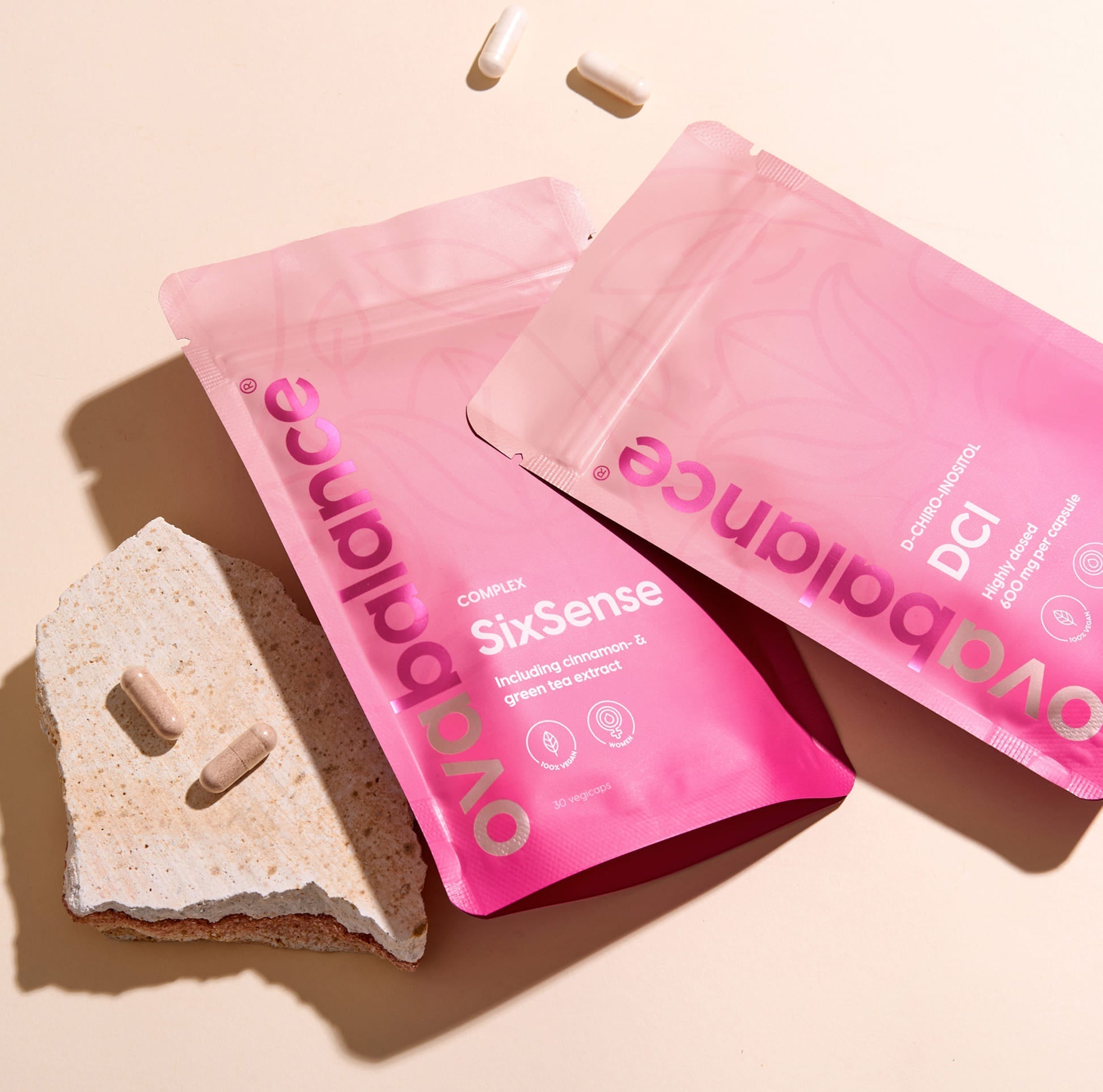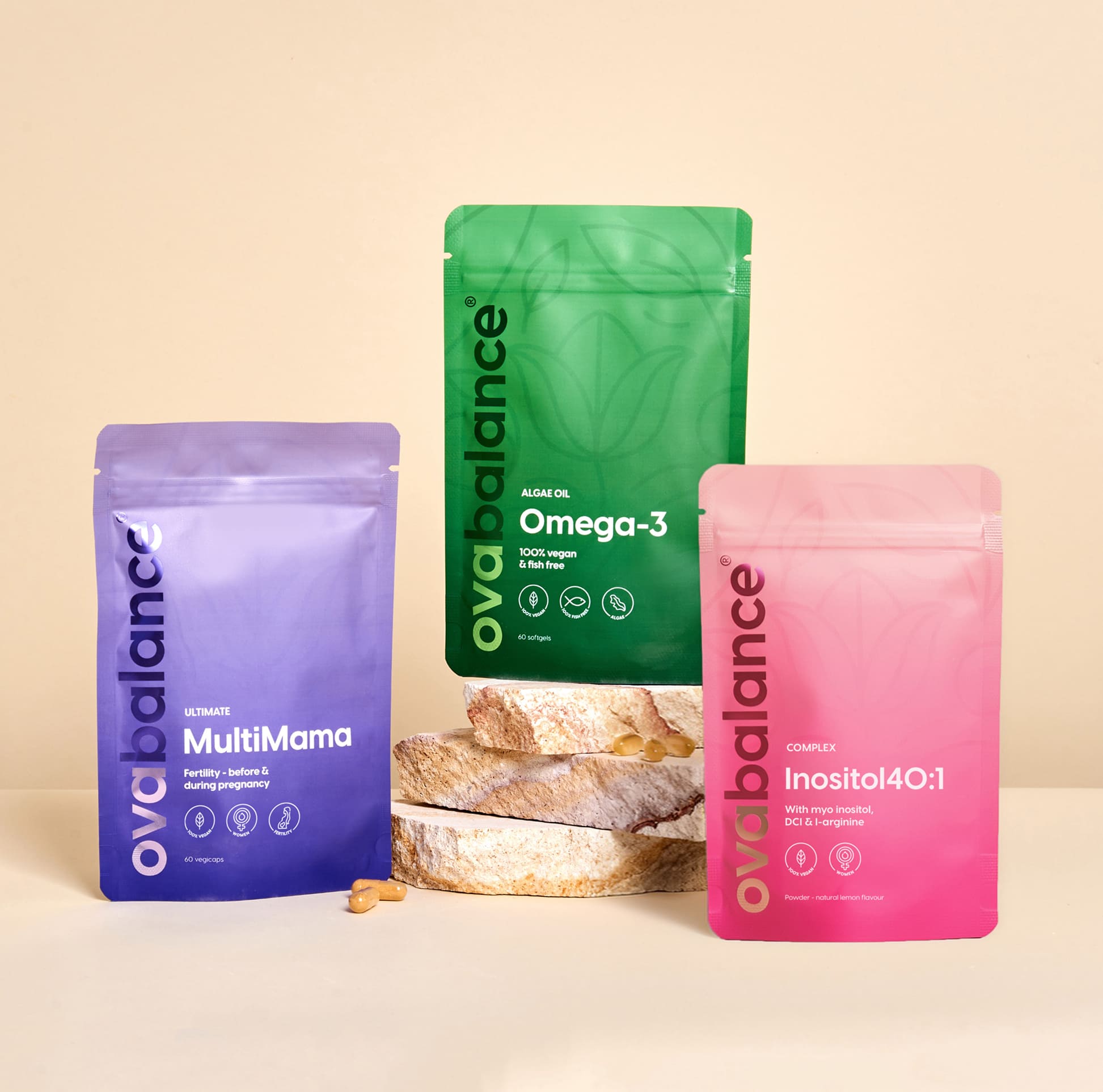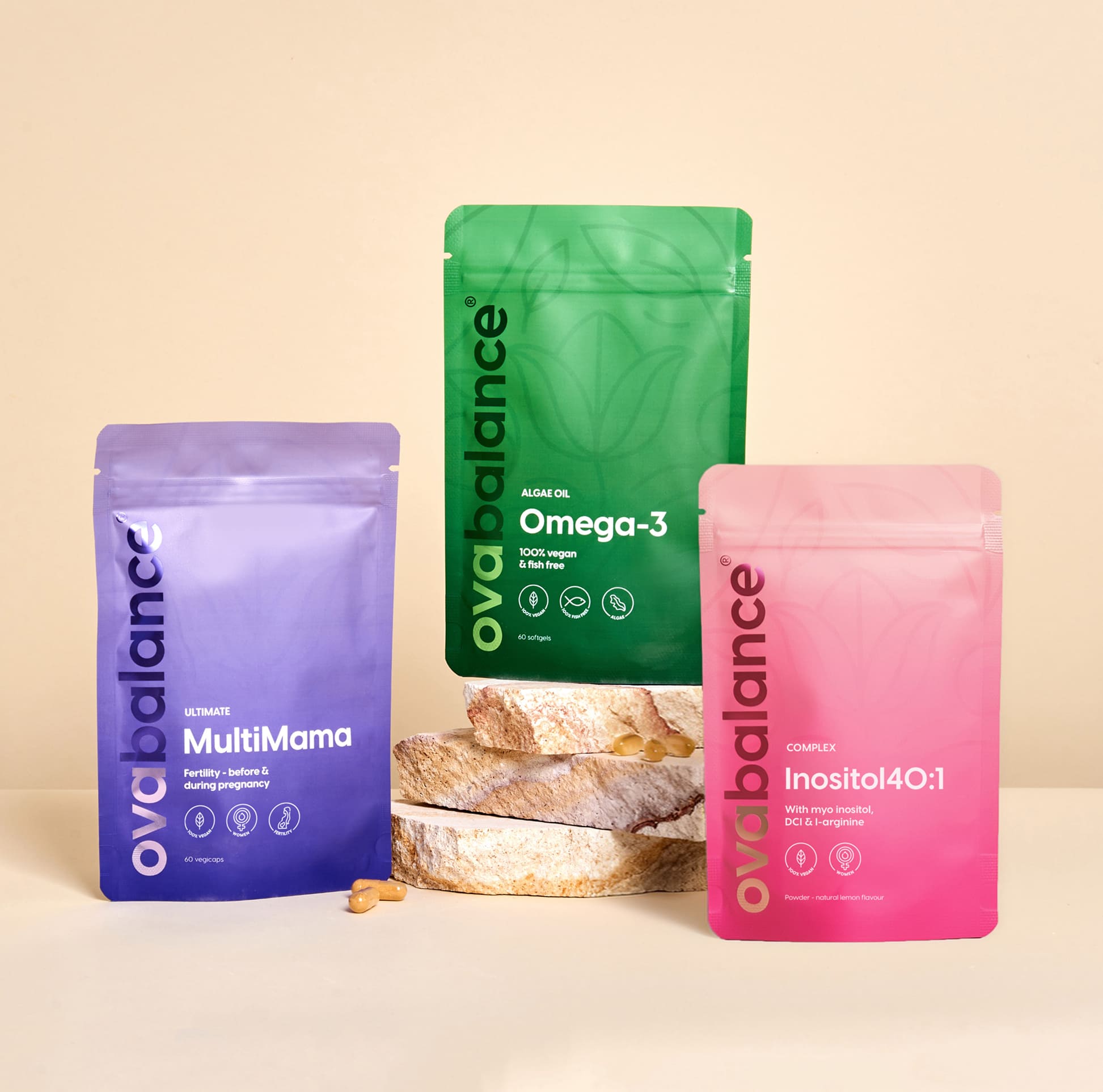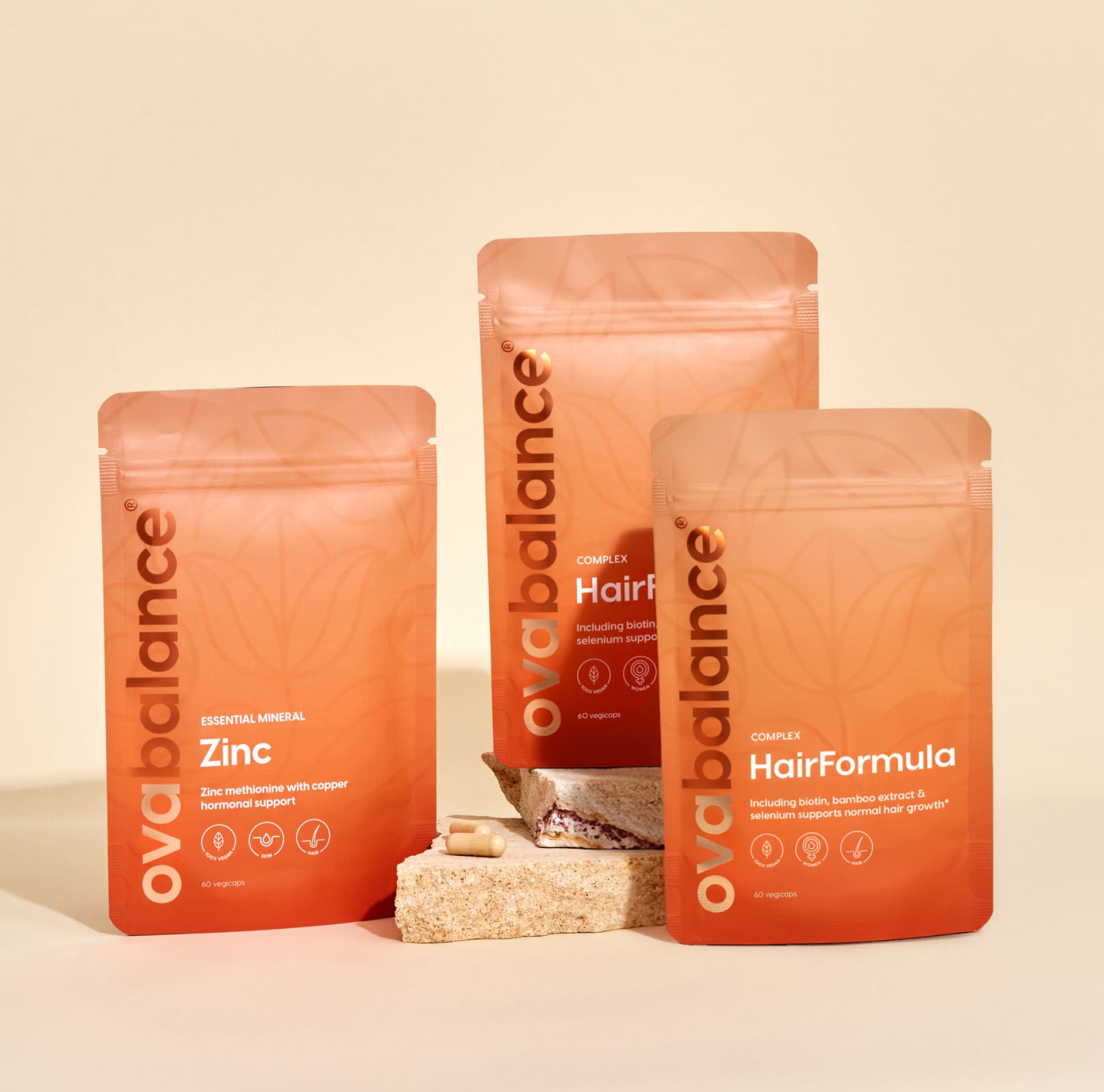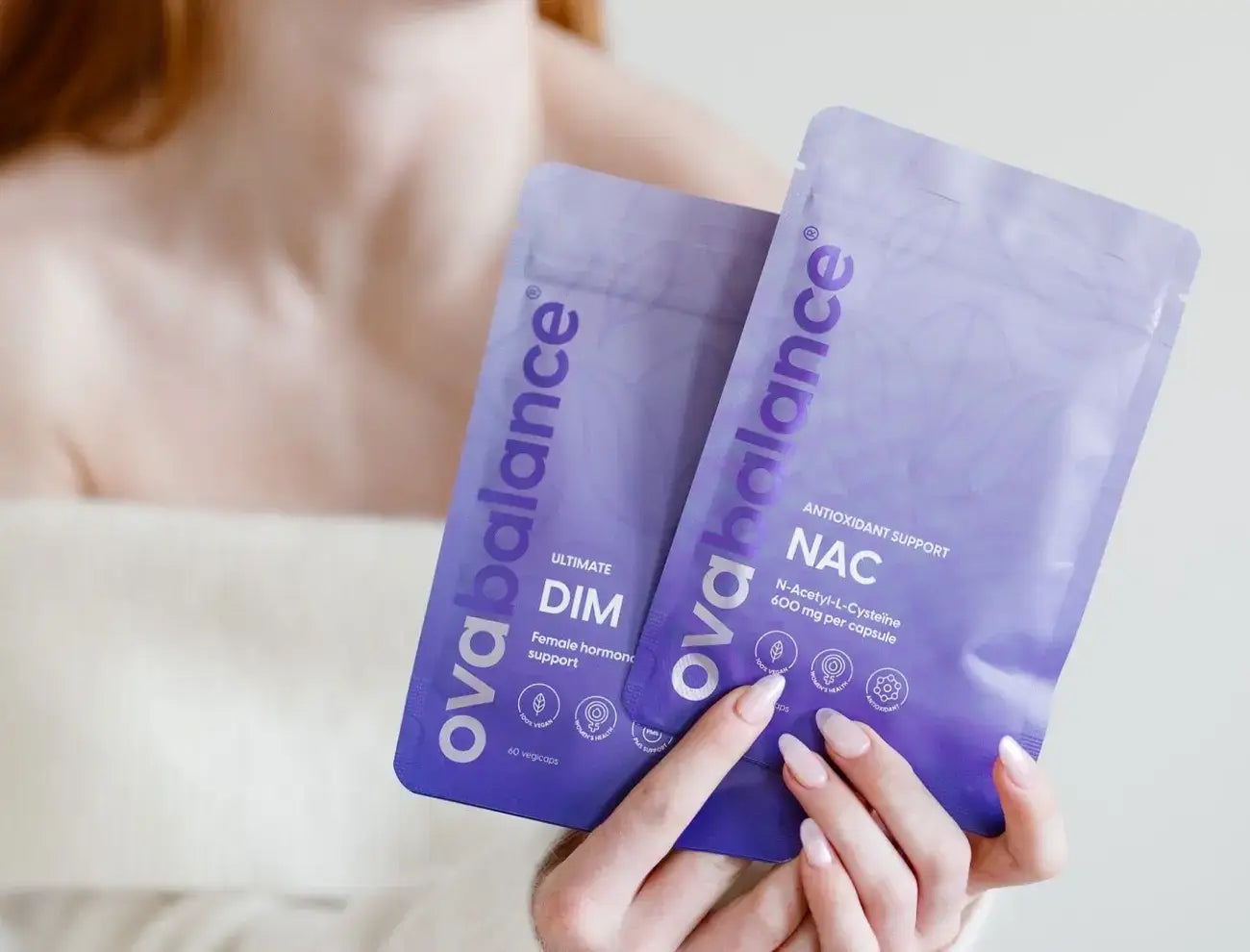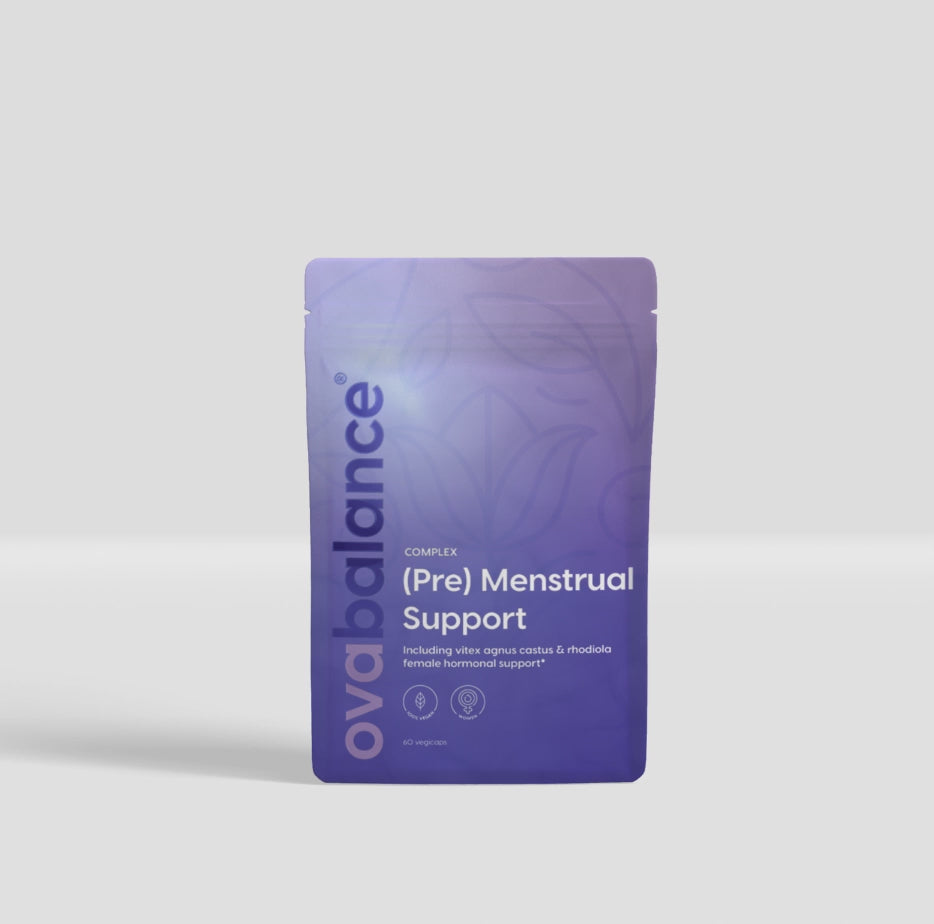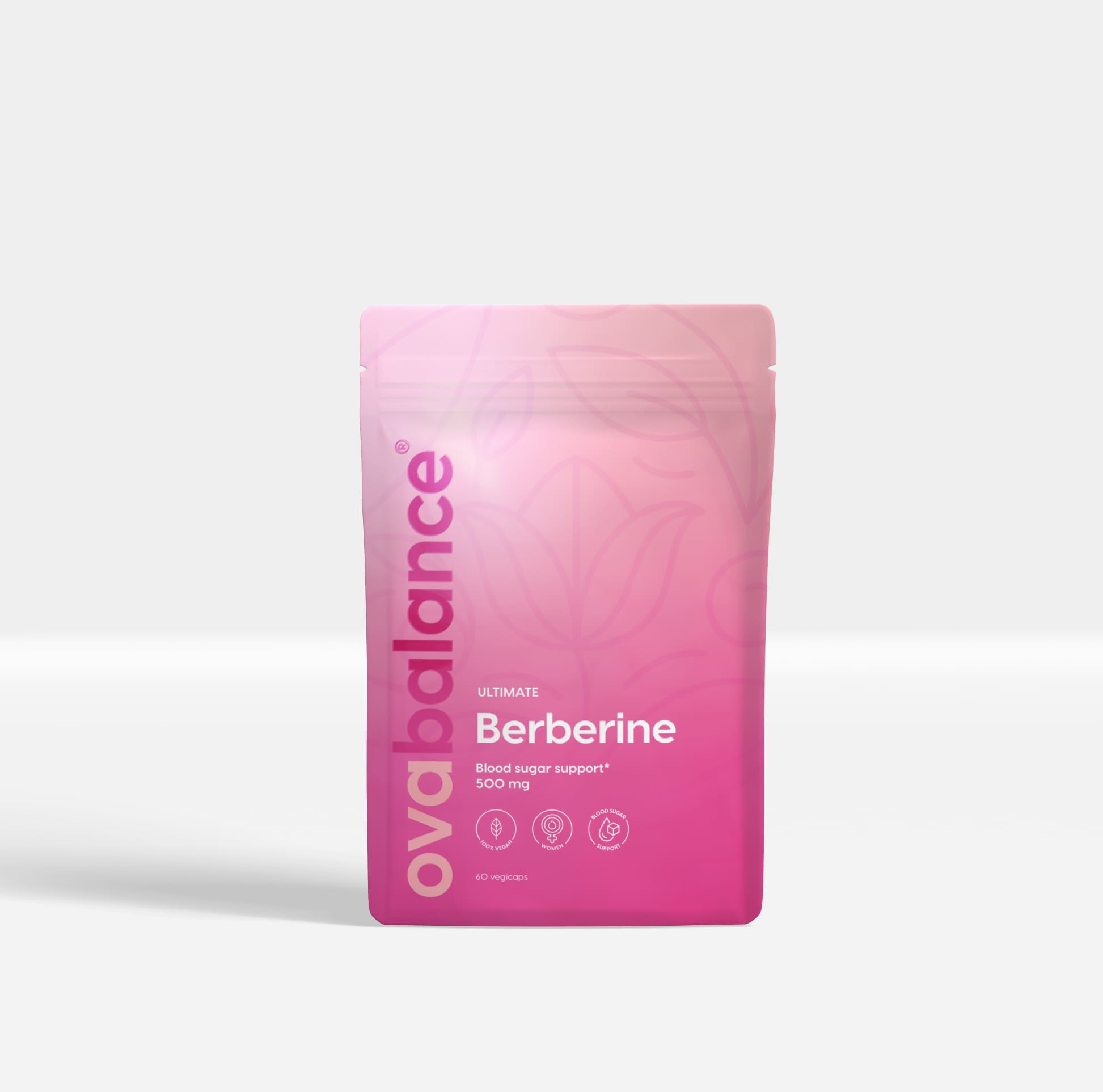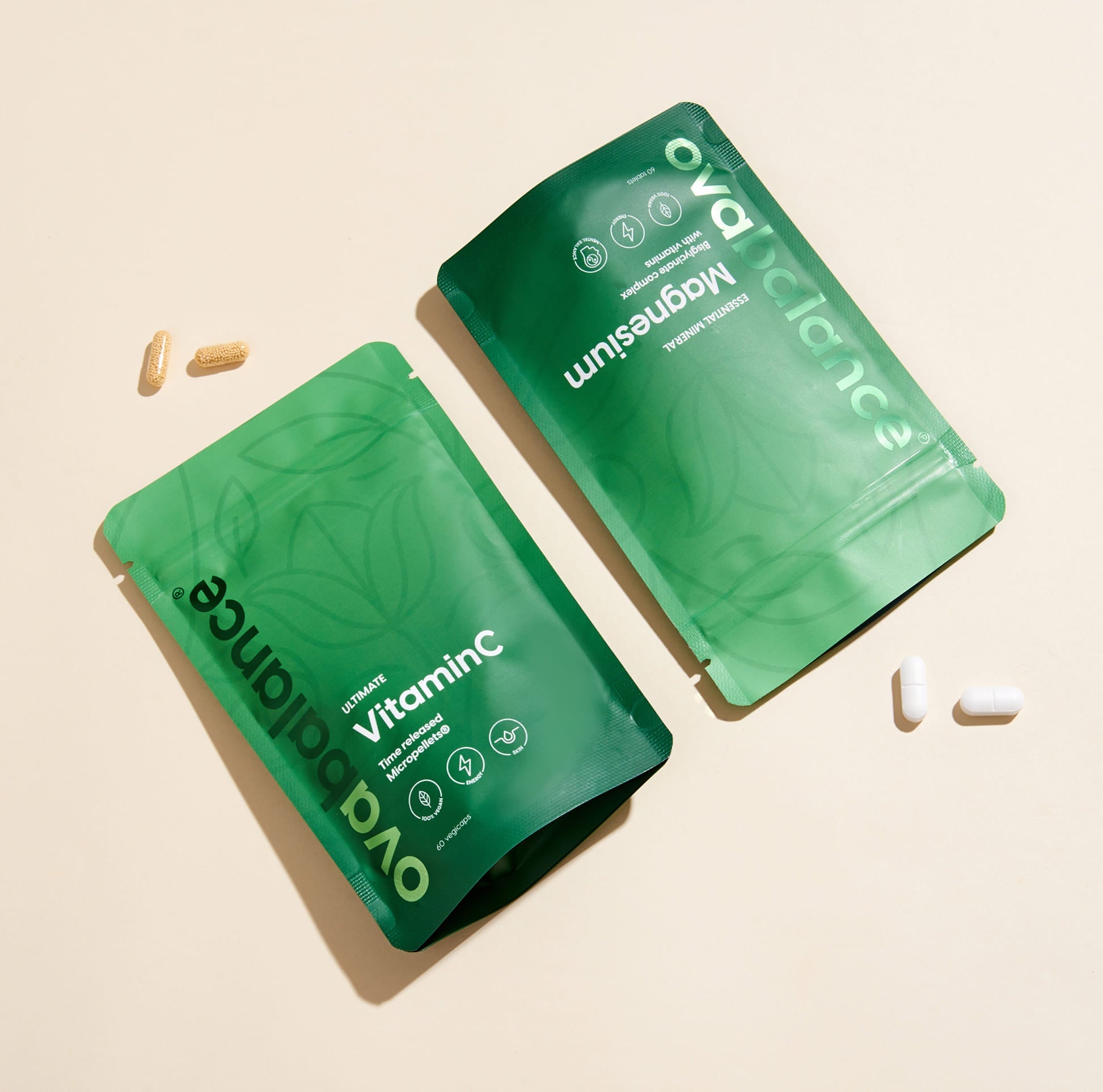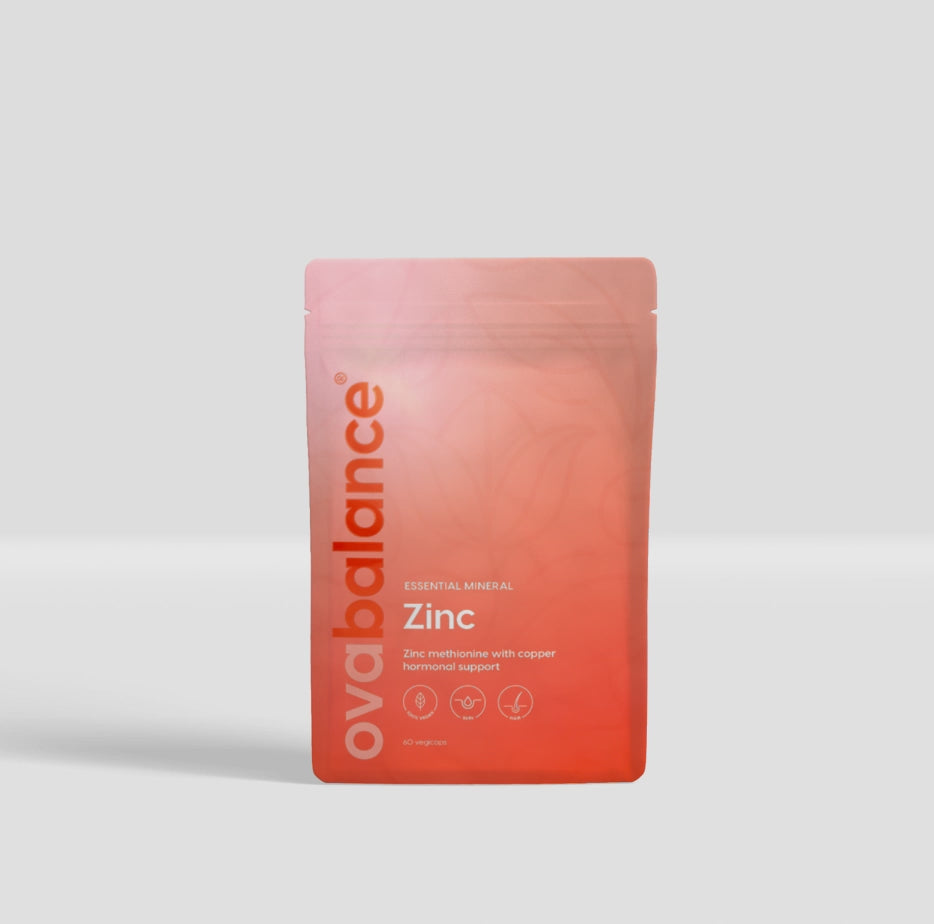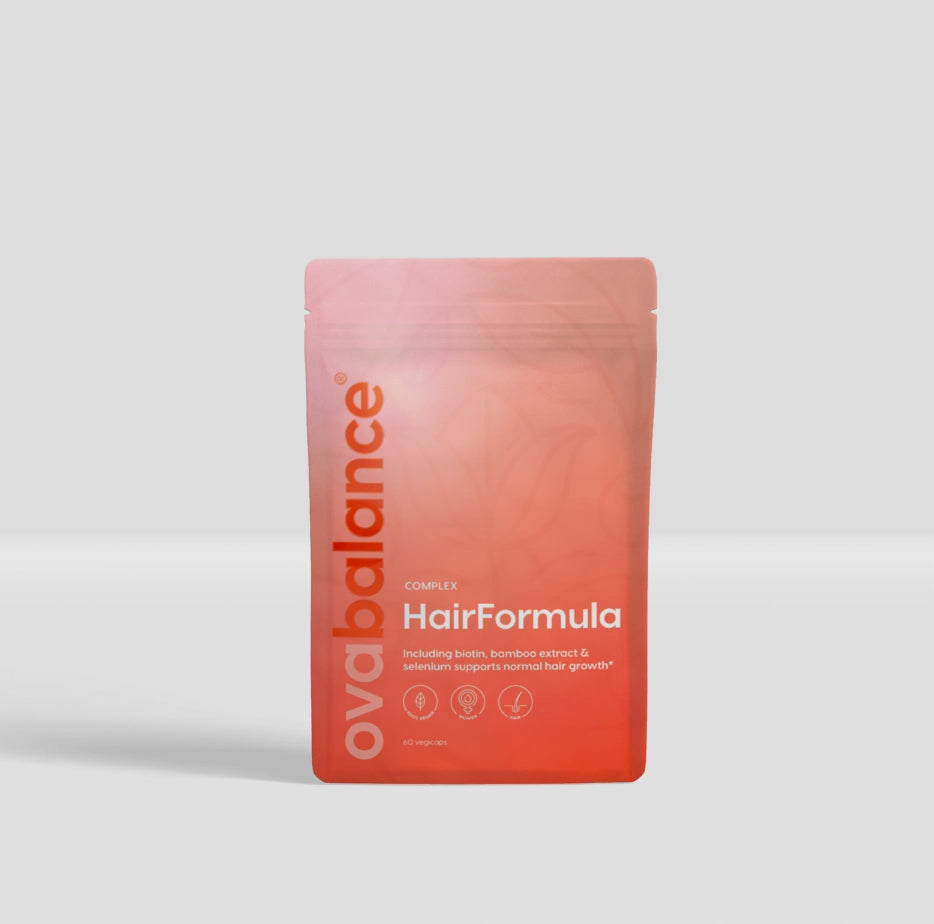
Everything you need to know about vitamin C
By now, you are certainly aware that vitamin C contributes to your resistance. But what else does vitamin C do? Did you know that this vitamin is involved in many more processes in your body? And that it is also good for your skin, for example? In this article, we will explain everything about what vitamin C is and how this essential vitamin contributes to your health.
What is Vitamin C?
Vitamin C, also known as ascorbic acid, is a water-soluble vitamin. It is one of the essential nutrients that our body needs for good health. Vitamin C plays an important role in various bodily functions and processes.
For example, vitamin C is an antioxidant that protects our body from harmful external influences; it plays a role in maintaining your resistance; and it supports healthy skin by contributing to collagen formation. In addition, vitamin C is known for its supporting role in the absorption of iron from your diet.
In short, vitamin C is a very versatile vitamin, which is found in various foods. You can find vitamin C mainly in vegetables and fruits.
How does Vitamin C work?
Here you will find an overview of the functions of vitamin C.
- Resistance : It supports your immune system so that it remains at a good level and can do its work powerfully to keep you healthy. Even when you are in a cold environment, or during and after physical exertion. Your resistance is of great importance so that your body can defend itself against pathogens.
- Antioxidant : Vitamin C helps protect the body from harmful external influences and oxidative stress. Antioxidants capture free radicals so that they can no longer cause damage (oxidative stress) to body cells.
- Collagen production : Vitamin C contributes to normal collagen formation. Collagen formation is essential for maintaining sufficient collagen in, for example, your bones, cartilage, teeth and blood vessels. But this also helps to strengthen your skin, for example.
- Energy : Vitamin C helps release energy from your food.
- Iron levels in your blood : Vitamin C increases iron absorption in your blood.
- Psychological function : Vitamin C helps maintain your mental resilience. It also supports your brain and nerve functions involved in learning, concentration and memory.
- Fitness : Vitamin C contributes to your fitness by helping to reduce fatigue.
- Nerves : Vitamin C has a positive effect on the functioning of the nervous system.
- Vitamin E : Vitamin C helps maintain the activity of vitamin E. Vitamin E is also a strong antioxidant.
What foods contain vitamin C?
You can find vitamin C in a variety of foods, including:
- Citrus fruits such as oranges and lemons;
- Berries such as blueberries and strawberries;
- Kiwi;
- bell pepper;
- Broccoli;
- And kale.
But it is also in almost all other types of vegetables and fruits. And also in potatoes. In addition, it is available as a supplement for those who have difficulty getting enough vitamin C from their diet. For example, if you do not eat very healthily, or do not like many vegetables and fruits. It is important to always remember that a supplement is not a replacement for healthy eating. A supplement can be a pleasant addition.
How much vitamin C do you need in a day?
The amount of vitamin C you need varies from person to person and depends on factors such as your age. However, for adults and adolescents aged 14 and over, the recommended daily amount of vitamin C is set at 75 milligrams per day. Under certain circumstances, such as pregnancy or breastfeeding, the need for vitamin C may increase. People who smoke also have a higher need for vitamin C.
How much vitamin C from supplements per day?
Vitamin C supplements are available in different dosages. It varies from lower dosages to 1000 mg per capsule or tablet. If you use vitamin C from supplements, always pay attention to the dosage on the packaging. Do not exceed the dosage.
How do I get extra vitamin C in my diet?
Here are some tips for getting more vitamin C into your diet:
- Add a portion of fresh vegetables and fruit to your meals or as a snack every day . This way you secretly increase your vegetable intake substantially. Something that is important for getting enough vitamin C, but also other vitamins, minerals and fibers.
- Try different types of foods with vitamin C to find out what you like and eat enough vitamin C. You will also find more and more products on the shelves of your supermarket with added vitamin C.
- Consider using high-quality vitamin C supplements as a supplement to your diet. This will ensure that you are taking a high extra dose each day, compared to your daily diet.
- Try a smoothie with lots of vegetables and/or fruit. Below you will find an example recipe, but of course you can vary endlessly.
Recipe for a Vitamin C boost smoothie
Try this delicious vitamin C-rich smoothie to start your day healthy or as a refreshing snack:
Ingredients:
- 1 fresh mango, chopped
- 80 grams of strawberries
- 80 grams of pineapple
- 1 banana
- 40 grams of blackberries
- 150 ml orange juice or coconut milk (possibly more if you want to thin out the smoothie a bit).
Instructions:
- Place all ingredients in a blender.
- Mix until smooth.
- Pour into a glass and enjoy your refreshing vitamin C boost smoothie!
Which Vitamin C Supplement and What are the Benefits?
Many people do not eat enough vegetables or they neglect to eat fruit. In that case, adding a vitamin C supplement to your daily routine can be a nice addition.
The basis, however, always remains: healthy eating and living.
There are all kinds of vitamin C supplements: with different vitamin C compounds, dosages and manifestations. OvaBalance Vitamin C is a high-dose supplement in the form of a capsule. Each capsule contains 1000 mg of vitamin C. The capsule contains small balls with vitamin C: the so-called micropellets. This ensures that not all vitamins are released at once, but more gradually. As a result, it is absorbed into your blood spread throughout the day.
When to use a vitamin C supplement?
Vitamin C supplements are very popular and are often used by people who want to support their immune system and thus maintain their resistance. But also for example for promoting collagen production vitamin C is a popular supplement.
What are the side effects of vitamin C?
In principle, you simply urinate out any excess of this vitamin that you do not use. This vitamin is therefore generally considered safe and is also an essential nutrient. However, it can sometimes cause side effects in high doses. These are some possible side effects of excessive vitamin C intake:
- Stomach complaints : Taking too much vitamin C at once can cause stomach complaints, such as abdominal pain, diarrhea or nausea. This usually only occurs when taking too large amounts of vitamin C in the form of supplements.
- Diarrhea : High doses of vitamin C can have a laxative effect, leading to diarrhea. This also usually occurs when taking high doses.
- Kidney Stones : There is some evidence that excessive vitamin C intake may increase the risk of developing kidney stones, especially in people who are prone to forming kidney stones.
If you use supplements, always stick to the recommended dosage on the packaging. Do not exceed it.
Questions about vitamin C supplements?
If you have any questions or are looking for high-quality vitamin C supplements, we are always here to help you make the right choice for your health. Ask your question directly in the chat.

